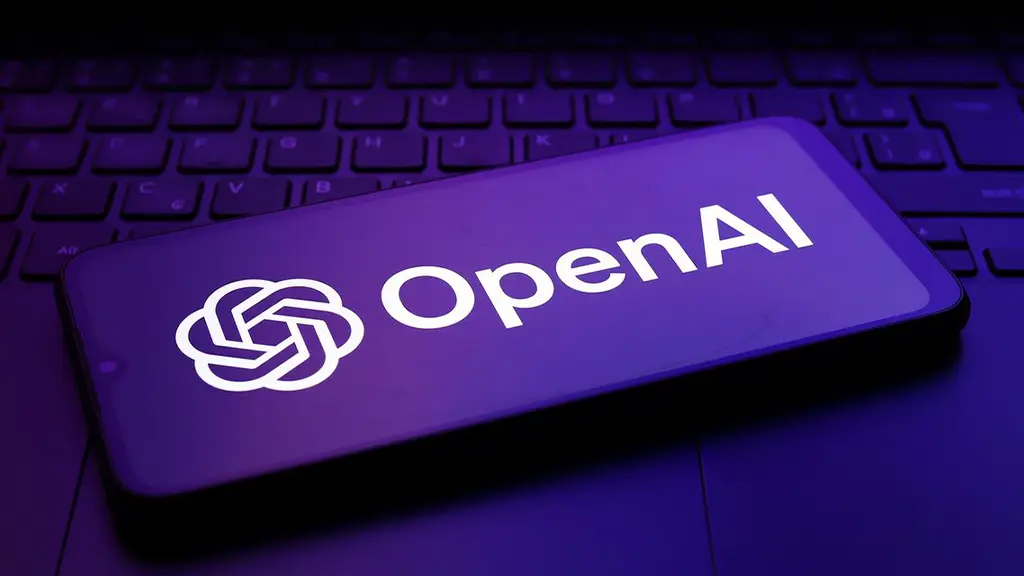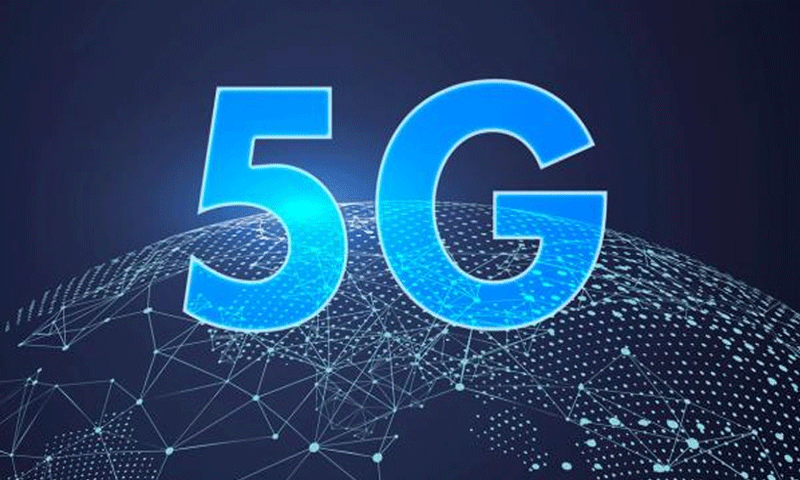- Web Desk
- Feb 16, 2026
OpenAI returns to open-weight AI with new gpt-oss models
-

- Web Desk
- Aug 06, 2025

WEB DESK: OpenAI has released two new open-weight language models, gpt-oss-120b and gpt-oss-20b, its first such models since GPT-2 in 2019. These models can run locally on personal devices and be fine-tuned for specialised tasks, making advanced AI tools more accessible to developers and researchers worldwide.
The release marks a shift from OpenAI’s recent focus on proprietary systems. CEO Sam Altman said the move aims to “get AI into the hands of the most people possible.” The models are free to download via Hugging Face and are licensed under Apache 2.0, allowing commercial use and integration into other software.
OpenAI’s gpt-oss give developers more freedom and control
Open-weight models reveal their internal “weights”, making them transparent and customisable. OpenAI cofounder Greg Brockman said the new models are meant to complement, not replace, OpenAI’s paid offerings. Unlike ChatGPT, the gpt-oss models can run without an internet connection and behind firewalls, giving users more control and privacy.
The models use a chain-of-thought reasoning technique that allows them to break down problems step by step before generating a response. Though they are text-only and not multimodal, they can browse the internet, run code, and function as intelligent software agents.
Read more: When will Xiaomi launch Redmi Note 15 series in Pakistan?
The smaller gpt-oss-20b is light enough to operate on devices with over 16 GB of RAM. Both models have shown strong performance in internal benchmarks. Researcher Chris Koch said the larger gpt-oss-120b performs similarly to OpenAI’s proprietary o3 and o4-mini models and even surpasses them in some areas.
Before launch, OpenAI conducted extra safety evaluations to test how the models might be misused. Safety researcher Eric Wallace said the models scored low on risk and met OpenAI’s standards under its preparedness framework.
The launch also comes amid growing competition in the AI sector, especially from Meta, which leads in open-weight models with its Llama series. While Meta is shifting focus toward superintelligence, OpenAI is doubling down on open innovation led from the US.
Altman reaffirmed the company’s goal of building tools rooted in democratic values: “We are excited for the world to be building on an open AI stack created in the United States… available for free to all and for wide benefit.”
Elon Musk launches Grok Recall, an AI tool for instant animated videos
Tech billionaire Elon Musk has introduced a new AI tool called Grok Recall, which allows users to convert written text into animated videos. The tool has been described by Musk as the “AI version of Vine”, a nod to the short-form video app Twitter launched in 2013 and shut down in 2016.
With Grok Recall, users can type a few words, and the system will instantly generate animated videos, complete with voiceovers. The service is aimed at simplifying video creation, removing the need for recording equipment, editing software, or large production setups.
The monthly subscription fee for the tool has been set at Rs8,500 (approximately $30). Musk has also announced that archived videos from old Vine accounts may be made available again, allowing users to revisit and share their earlier content.
This launch signals Musk’s effort to revive the short-video culture, but this time powered by AI, enabling users to express their creativity within seconds using just text prompts.
Read next: Crackdown against sugar overpricing: over 500 shopkeepers face action




